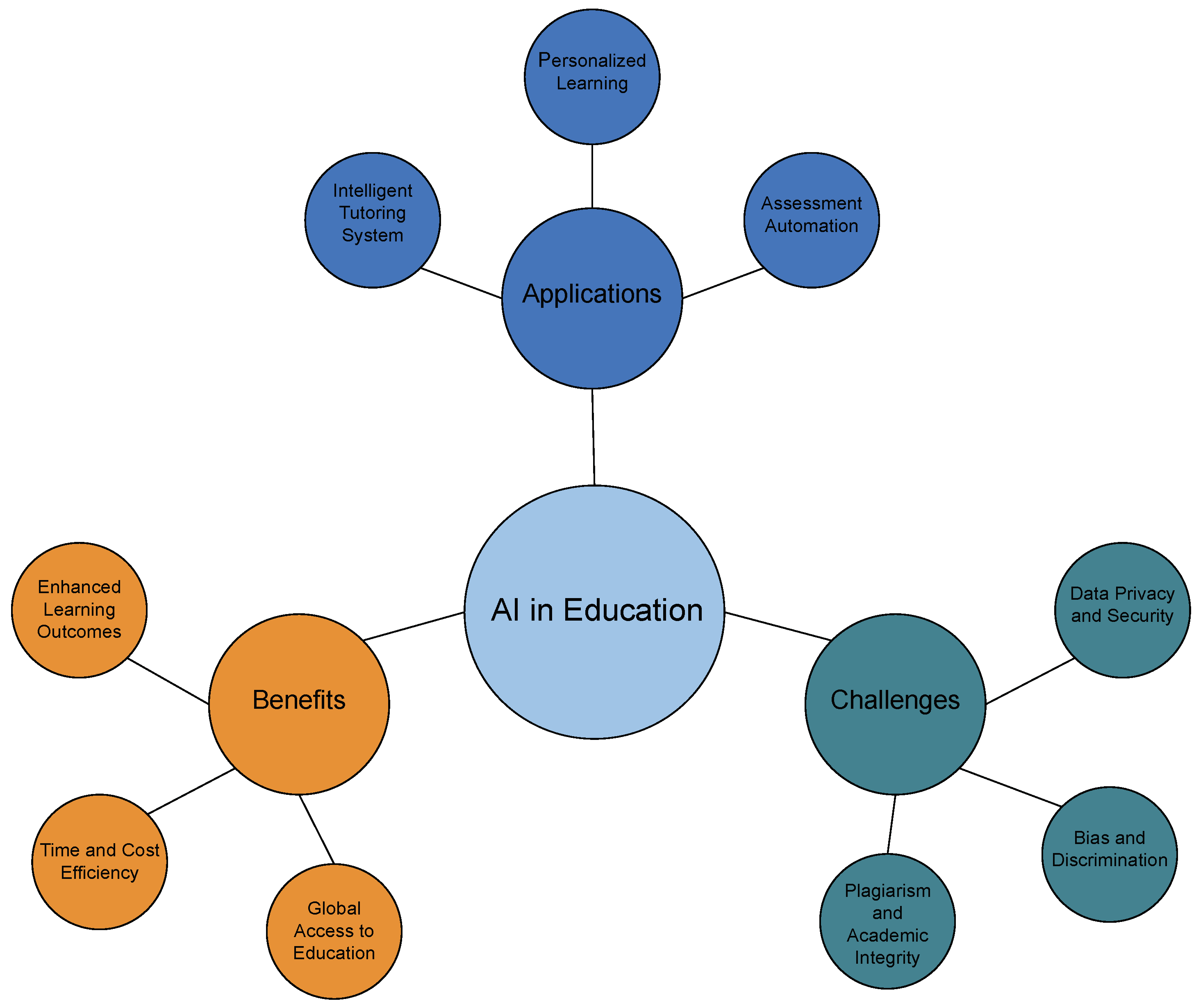AI Tools Challenge Kids' Creativity But Need Better Design, Study ...
A recent study by researchers from the Universities of Washington and Michigan delved into the utilization of generative AI tools such as ChatGPT and DALL-E by children aged 7 to 13 to enhance their creativity.
The research was presented at the Computer Human Interaction (CHI) Conference 2024 and shed light on both the potential and impediments of employing AI in nurturing children's creativity.

Challenges Faced by Children
During six workshops involving twelve children, the researchers observed how the children engaged with AI tools for various creative tasks like text, images, and music. One significant discovery was that children often struggled to comprehend the creative possibilities offered by AI tools and required assistance in developing a mental model that viewed AI as a collaborative creative partner.
Children exhibited frustration when AI-generated outputs did not meet their expectations. In such instances, they either modified their input, provided more context, or pursued a new idea, showcasing a willingness to tackle obstacles for topics that intrigued them.

Another obstacle identified was the formal language used by AI systems, which children found unsuitable for their creative endeavors. They desired more adaptable communication from the AI. Additionally, the AI's lack of knowledge in areas where children considered themselves experts led to further frustration.
Ethical Considerations
Children recognized the potential ethical implications of utilizing tools like ChatGPT, noting that it could make tasks such as writing essays too effortless. Some even highlighted the harmful aspects of AI tools, suggesting that schools had prohibited the use of ChatGPT due to concerns over proper usage.
For personal creative projects, children displayed nuanced ethical considerations. Many expressed disappointment in using AI for endeavors like crafting a birthday card, as it could compromise authenticity and effort, as supported by a study from fall 2023.

Recommendations for AI Tools
The researchers recommended that AI tools be designed to allow children to adapt language and style to suit their requirements. Transparency in the decision-making process of AI systems regarding creativity was also deemed essential.
When utilized appropriately, AI tools could enhance children's creative confidence. The researchers proposed a model based on four contexts deemed pertinent for creative interactions between children and AI. However, they emphasized that AI should not replace the learning of creative skills but rather be utilized as a constructivist tool to aid children in understanding creativity and AI.





















